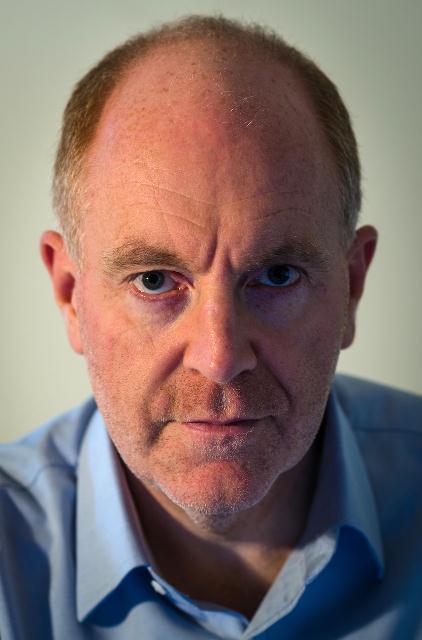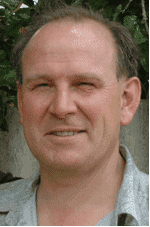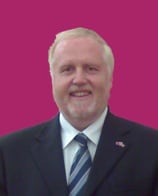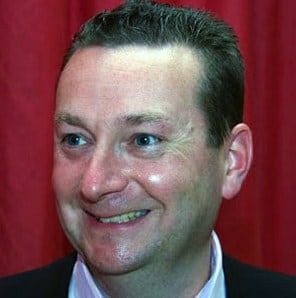Each phase of the 600 Campaign will have Campaign Ambassadors – Old Latins who have made their mark and are in a position to endorse the RLS vision for the future.
Meet the Campaign Ambassadors for Phase One:

Prof Mark McCaughrean, European Space Agency. Head, Research & Scientific Support Department
“During my career as an astronomer, I’ve lived in four different countries and worked for eight different organisations, including both NASA and now the European Space Agency.
It’s an exciting privilege to be responsible for the science of all of ESA’s missions watching the Sun, exploring our Solar System, and observing the Universe, but none of it would have been possible if it wasn’t for the strong scientific education I received at the Royal Latin School. Just as importantly, we were taught to be curious about the wider world around us, and I like to think that an open, questioning mind has served me well ever since.
The RLS 600 campaign deserves the fullest support, as the school strives to improve the already excellent education it gives in science There are many exciting questions to be answered and important challenges to be met in the twenty-first century, and I’m sure that RLS can play a key role by educating and inspiring another generation of students.”

Dr Peter Hammond, Associate Professor, School of Physics, University of Western Australia
“I very much support the development of a Discovery Centre at the RLS since it offers the opportunity for students to explore the interlinkages between the sciences & mathematics and see their application in the wider world ranging from innovation to application.
As a professional scientist, this integration and breadth is something that I have had to stumble through in and after University studies, since in my time at the RLS subjects were rather separate and in 1973 at the RLS Physics, Mathematics and Economics was an A-level combination that could not happen!”

Professor David G. Evans OBE FRSC CChem CSci, Beijing University of Chemical Technology, China
“I was fortunate to have the benefit of being taught by a group of very knowledgeable and enthusiastic RLS science teachers in the early 1970s.
Having met Chris George recently when he was awarded a Royal Society of Chemistry Schools Education Award, I can see the current team is just as good. However in order to enjoy, appreciate and understand science, students must be able to do it for themselves—just as I learnt a great deal when, with Ed Grimsdale’s advice and encouragement, we set up a lunchtime RLS Chemistry Club. Nowadays I regularly visit schools in China to give lecture demonstrations on chemistry and see how rapidly the subject is developing here. In the face of such growing international competition, the UK needs to strive hard to remain competitive. I am confident that the type of hands-on science experience provided by the RLS ‘Discovery Centre’ under the guidance of a dedicated group of teachers will make a valuable contribution to the training of future generations of UK scientists and engineers. I am delighted to support the campaign.”

Tim Tinsley, Programme Manager, National Nuclear Laboratory
“If it was not for the RLS I would not be working in science and engineering and enjoying a varied and exciting career.
The RLS gave me the opportunity to explore my interests in areas such as computer science, physics and electronics. The out of hours availability of facilities and staff time was also important, enabling exploration of areas away from the fixed curriculum. I was also able to take part in a Nuclear Engineering summer school at Manchester University arranged by RLS during 6th form that set me on my career path of nuclear research. I believe centres such the proposed Discovery Centre are very important in providing the stimulation that nurtures the interest in science and engineering that can lead to a career in that field.”



